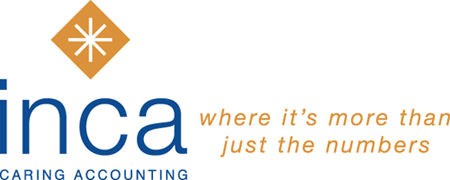The new tax year has brought big changes to the way dividend income is taxed
If you’re a business owner running a limited company, used to paying yourself in the form of minimum salary and maximum dividends, you need to take action – or see your earnings reduced as you start to pay significantly more tax with effect from the start of this month.
Until 5th April, basic rate tax payers were able to take dividend income tax free, while those on the higher rate paid 25% tax. But as we explained in our recent post, effective from 6th April, all dividend earnings over a tax free allowance of £5k are subject to tax at 7.5% and 32.5% for basic and higher rate tax payers respectively.

This change will impact on virtually everyone paying themselves a dividend – and if you’ve not yet taken any action, your income is reducing even as you read this!
Take steps to protect your income now!
The new tax rules on dividends are tough, and have the potential to hit many business owners hard, but if you’re one of those who is affected, the £5k dividend allowance presents you with an opportunity to review how the shareholding of your business is structured – and possibly to make adjustments that will ensure your tax efficiency is maximised.
While it’s always been worth considering whether there’s a benefit to making a spouse, civil partner or other close family member a shareholder of your business, until now you’d have automatically dismissed anyone who is a higher rate tax payer.
Last financial year for example, if you were a business owner earning £50k pa from a combination of salary and dividends, and your partner was a higher rate tax payer earning £50k pa from their job through PAYE, there would have been little or no advantage to making them a shareholder in your business.
But because the new legislation entitles anyone to earn up to £5k in dividend income tax free, irrespective of whether they pay basic rate, higher rate or even no tax at all, it could be worth looking at introducing another shareholder from the family unit and diverting some dividend income to them. Even if – as in the example above both parties are higher rate tax payers, routing some dividend income to the new shareholder and utilising the additional allowance could save the couple 32% of the £5k, or about £1,600 per annum – useful additional revenue for any household.
So, if you are the single owner and shareholder in a business, taking part of your earnings as dividend, in the interest of reducing the impact of the new tax changes to your income, you’d be well advised to consider making a family member a second shareholder.
Want advice on your shareholding structure?
Let Inca review the shareholding of your business and advise if there is a more cost-effective way to structure it. Take action now to protect your earnings!
Call us now to book a review from as little as £70 + VAT!
Phone: 01235 868888 or Email: [email protected].



